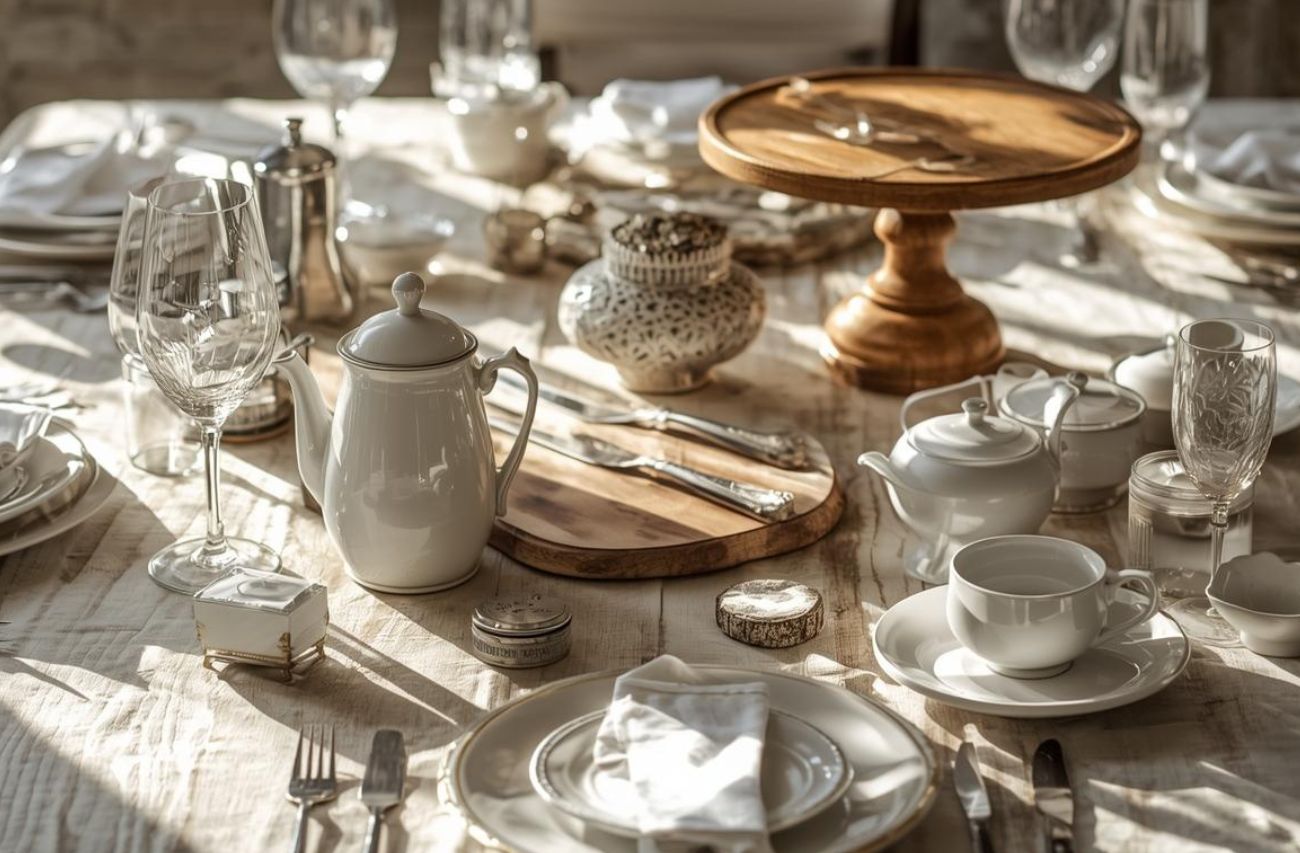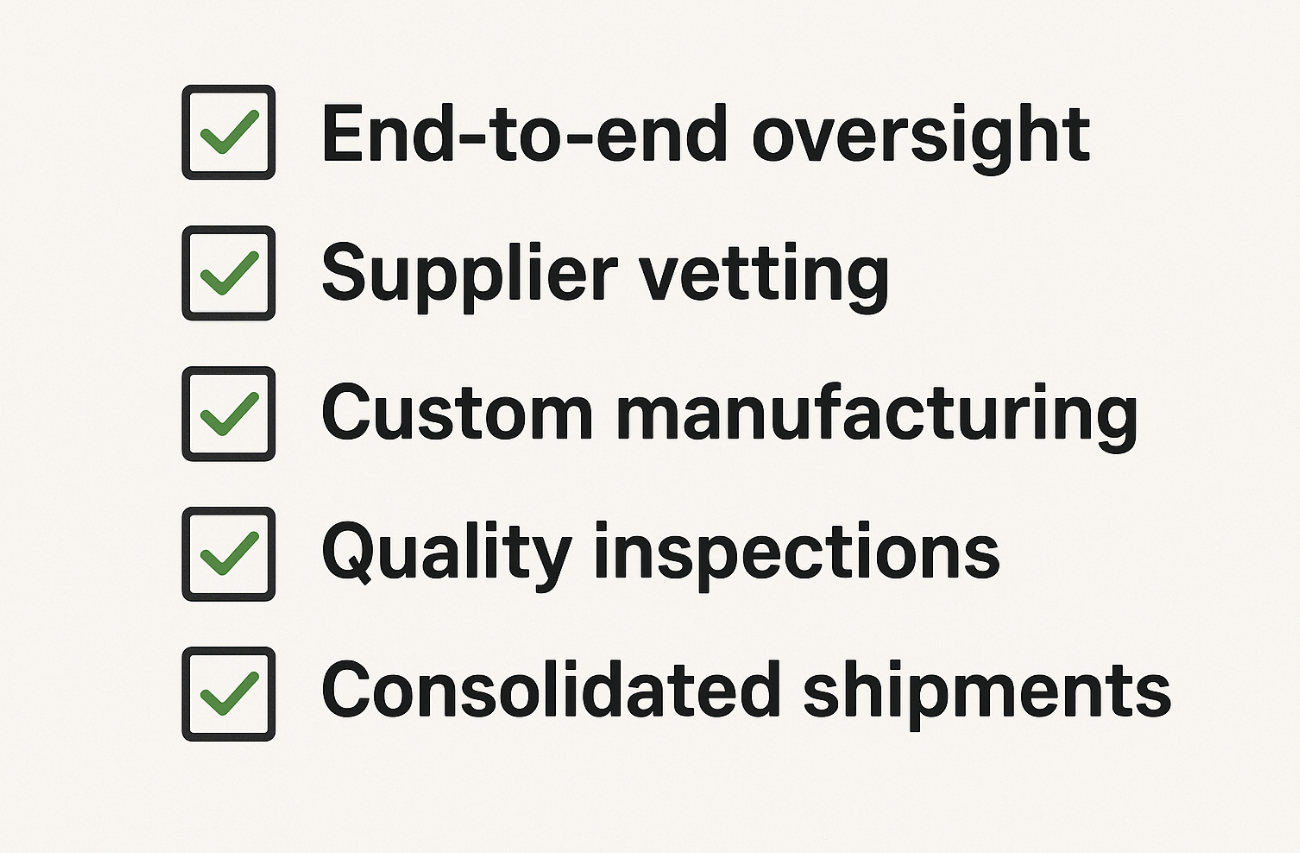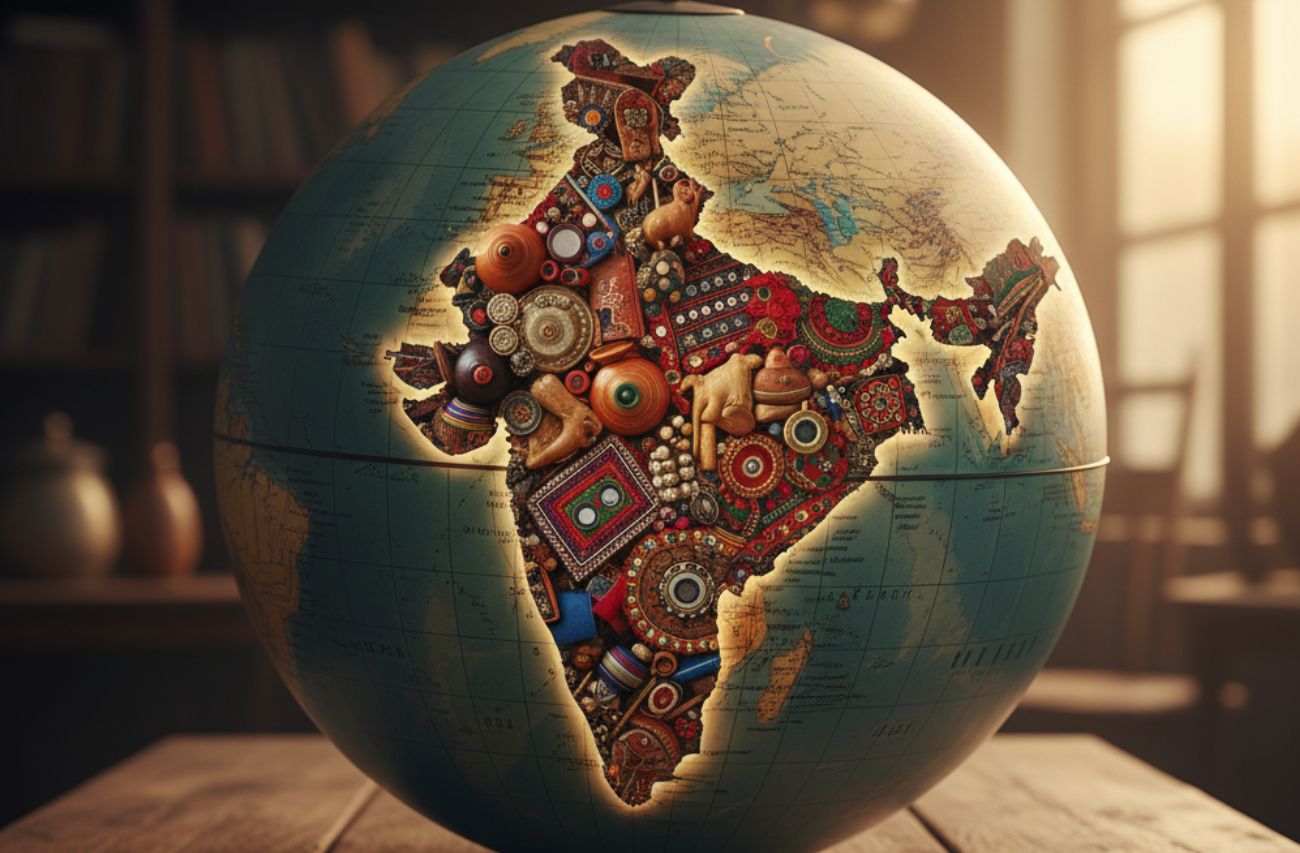B2B marketplace, B2B sourcing, bamboo serveware, ceramic dinnerware, copper utensils, dining products, ethical sourcing, global buyers, global sourcing, home and kitchen, IHGF Delhi Fair, import from India, India export, Indian cookware, Indian kitchen clusters, Indian manufacturers, Indian manufacturing, Indian suppliers, kitchen and dining, kitchenware exporters, kitchenware sourcing, managed sourcing, product compliance, Qalara, quality assurance, sourcing agents, Sourcing from India, sourcing guide, sourcing partner, sourcing strategy, sourcing tips, stainless steel kitchenware, supplier due diligence, supplier vetting, supply chain diversification, sustainable materials, tableware sourcing, trade fairs India, verified suppliers, wholesale kitchenware, wooden kitchenware
Gauri Sawant
Gauri is an experienced B2B & e-commerce content marketer who loves long walks and cats.







Leave a Reply